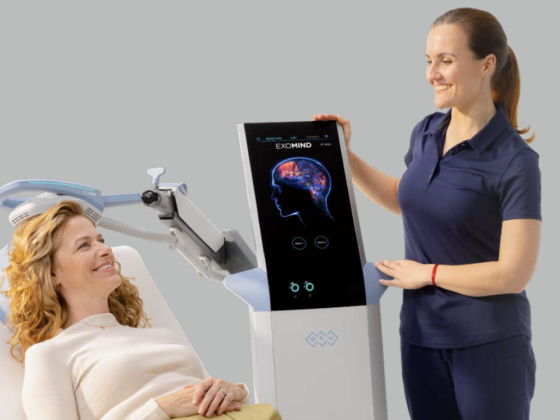By Doctor Isabelle Meurgey
An increasing number of younger patients are complaining of a lack of energy and functional issues, and the cause is often multiple deficiencies. Tailored nutritional supplements can rebalance and maintain your good health for the long term.
Today, micro-nutritional supplements are essential for optimum health. Deficiencies are connected with the depleted amounts of micro-nutrients in fruit and vegetables due to intensive agriculture and the overuse of fertiliser, pesticides and herbicides, to the point that the soil is said to be “nearly dead”. Harvesting fruit and vegetables before they are fully ripe and the pasteurisation and ionisation of processed foods makes this depletion worse. Most of the minerals in cereals are removed during the refining process. This depletion has reached such an extent that scurvy, which was eradicated in the 19th century, has made a comeback! The majority of patients, especially those who live in cities, are trapped in a spiral of stress, pollution, endocrine disruptors and an unhealthy diet: a formidable cocktail that aggravates their deficiencies and weakens their body further.

What are the symptoms of deficiencies in the body?
More and more young men and women are seeking help because they feel tired, have trouble sleeping, are bloated, are gaining weight, cannot deal with stress, and have skin problems and hair loss. Often, these functional problems are simply the reflection of underlying inflammation or oxidation in the body. In the long term, if we do nothing to resolve these deficiencies, more serious illnesses such as diabetes, cancer, rheumatism and premature aging start to appear. It is therefore vital to combine a healthy, balanced and preferably organic diet with regular supplements of specific nutrients. But, first and foremost, in order to find out what the body needs, we need to carry out a biological assessment.
What are the recommended tests and supplements?
It is useful to measure the patient’s levels of vitamins, fatty acids, antioxidants and inflammation markers, so as to prescribe the right doses of supplement. Checking the condition of the intestinal mucous membrane is also very useful, as a great many patients suffer from a porous intestine. When the patient sees the results, they realise what is happening and this motivates them to change their lifestyle (sport, stress management, sleep, diet) and understand the importance of taking the right supplements. As a general rule, magnesium, iodine and zinc, and vitamins B, C and D are the most common deficiencies.
Some patients who think they have an irreproachable and very healthy diet (I’m referring to certain restrictive diets such as vegan, paleo, ketogenic, etc.) are surprised to find that they are severely deficient in certain nutrients, namely vitamin B and zinc, associated with a number of food intolerances that are a consequence of a lack of variety in their diet. The good news is that, after suitable treatment and personalised advice, these symptoms can generally be reversed very quickly, which is encouraging for the patient. Nowadays, there are a number of innovative laboratories that focus on micro-nutrition, with gives doctors the freedom to choose the most effective supplements from each range.
 Docteur Isabelle Meurgey
Docteur Isabelle Meurgey
Doctor of anti-aging and cosmetic medicine. Graduate of Rouen medical faculty. Has specialised in preventative and performance medicine since 1997. Permanent member of the French Society of Aesthetic Medicine. Diplomas in Micronutrition, Auriculotherapy, Hypnosis.
Instagram: @docteur_meurgey
Facebook: @DocteurIsabelleMeurgey













